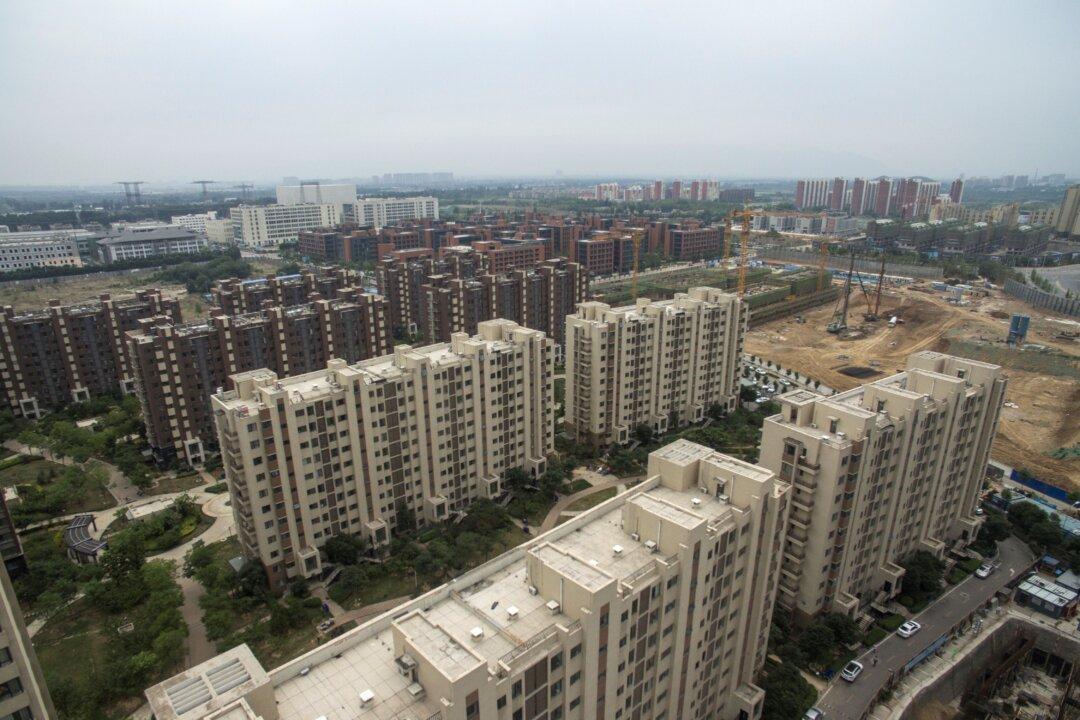Beijing is seeking to cool an overheating real estate property market with policies that encourage investors to instead place their investments in China’s rental market. But the policy shift is causing a sharp spike in housing rental prices, leading many middle-class Chinese to complain about ever-increasing living expenses.
In 11 major Chinese cities, housing rental prices rose by an average of over 20 percent in July, compared the same month a year ago, according to an Aug. 22 article by Chinese business newspaper 21st Century Business Herald, citing data from China’s housing website CityHouse.cn.





